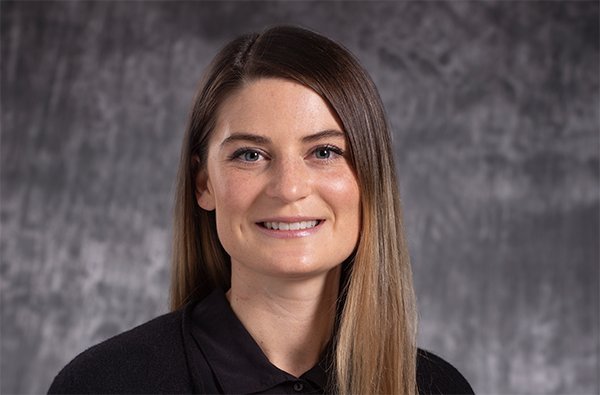Tough to swallow: How speech-language pathologists help hospital patients
Dec 1, 2020

Adventist Health Portland speech-language pathologist Emma Murray offers insider information on how SLPs work with hospital patients before they even go home.
Q. What do speech pathologists do in the hospital?
A. Speech pathologists in the acute care setting evaluate and treat patients with swallowing, speech, language and cognitive-communication disorders.
Q. How is simply swallowing an important problem?
Swallowing disorders are also known as dysphagia. Many people admitted to the hospital have short or long dysphagia. This can affect their ability to get enough to eat and drink and makes treatment a critical part of their recovery. That’s why swallowing is a major focus of speech pathologists while their patients are still in the hospital.
Q. What causes swallowing problems?
A wide variety of conditions impact swallowing. Some of these include:
- Acquired brain injuries like stroke
- Heart and lung diseases
- Dementia
- Parkinson’s disease
- ALS (Lou Gehrig’s disease)
Q. How do you diagnose swallowing problems?
Special tools allow us to objectively assess dysphagia. One tool is a modified barium swallow study (MBSS). During this we use X-ray video clips to visualize the different parts involved in swallowing in detail.
Another tool is fiberoptic endoscopic evaluation of swallowing (FEES). This procedure uses a tiny camera inserted through the nose and into the throat or pharynx to assess swallowing in real time.
For both procedures, the patient is fed specific foods and drinks, then their anatomy and physiology are analyzed. With this information, speech pathologists make recommendations about which foods or drinks are the safest for patients to consume.
Speech pathologists also give specific swallowing strategies and exercises that may help as well.
Q. How involved are speech pathologists in the hospital?
Speech pathologists attend morning rounds in the ICU and are considered a crucial member of the acute care medical team. We love being a part of our patients’ recovery!


